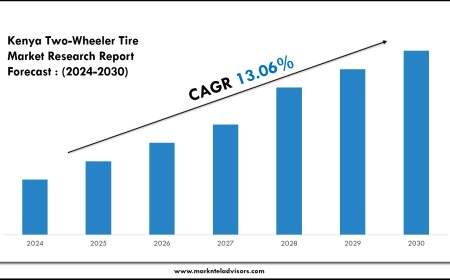How Trucking TMS Software Supports UIIA Insurance Requirements
How Trucking TMS Software Supports UIIA Insurance Requirements. Manage your fleet like a pro with FleetSleek—trucking CRM designed for dispatch.

For trucking companies operating in the intermodal sector, maintaining compliance with UIIA (Uniform Intermodal Interchange and Facilities Access Agreement) insurance requirements is a business-critical responsibility. Without it, carriers can be denied access to ports, railyards, and terminalsbringing operations to a halt.
Fortunately, modern Trucking Management System (TMS) software simplifies UIIA compliance, especially when it comes to tracking, submitting, and maintaining the required insurance documentation. In this article, we explore how TMS software supports UIIA insurance requirements and keeps your fleet running without interruption.
Understanding UIIA Insurance Requirements
The UIIA, governed by the Intermodal Association of North America (IANA), outlines the responsibilities between equipment providers and intermodal carriers. A big part of staying compliant involves maintaining valid and properly formatted insurance coverage.
The standard UIIA insurance requirements for motor carriers include:
-
Automobile Liability Insurance Minimum $1,000,000 per occurrence
-
General Liability Insurance Minimum $1,000,000 per occurrence
-
Trailer Interchange Insurance Coverage for non-owned equipment used during transport
-
Workers Compensation Insurance Where applicable, depending on the state
-
Additional Endorsements Per each equipment providers specifications
Insurance certificates must be submitted by uiia trucking authorized insurance agents directly to IANA. Any lapse, expiration, or formatting error can result in temporary suspension from the UIIA system, leading to costly delays.
The Challenges of Manual Insurance Tracking
For many carriers, keeping track of UIIA insurance requirements is a manual and disorganized task. Insurance expiration dates, policy changes, and multiple provider requirements make it difficult to manage everything through spreadsheets or calendars.
Common issues include:
-
Missed renewal deadlines
-
Incomplete or non-compliant insurance certificates
-
Lack of real-time visibility into status
-
Difficulty keeping up with each equipment providers coverage demands
Even a single missed detail can result in access being denied at a terminal, stranding freight and frustrating customers.
How TMS Software Makes Compliance Easier
A Trucking Management System (TMS) helps carriers centralize and automate every part of the compliance process. Heres how it supports UIIA insurance requirements:
1. Centralized Document Management
TMS platforms provide a digital space to store and organize insurance policies, certificates, and supporting documents. Everything is easily accessible in one placeno more digging through folders or email chains.
2. Automated Expiration Alerts
TMS software tracks all insurance expiration dates and automatically sends reminders to your team when renewals are due. This helps prevent costly lapses in coverage.
3. Equipment Provider Matching
Each equipment provider may have slightly different requirements. A smart TMS can match your existing policies with provider-specific rules and flag any gaps before submission.
4. Seamless Insurance Updates
When an insurance policy is renewed or updated, the TMS can push the information to relevant team members or compliance dashboards. Some platforms also offer insurance agent integration to streamline updates with IANA.
5. Real-Time Compliance Dashboards
TMS dashboards display the current compliance status of each driver, truck, and terminal access point. If a vehicle or unit is not UIIA-compliant, it can be flagged before dispatch.
Additional Benefits of TMS Integration
Besides UIIA support, TMS software brings broader operational value:
-
Improved dispatch planning
-
Carrier onboarding automation
-
Documented audit trails
-
Faster claims and invoicing workflows
With one unified platform, carriers can manage UIIA insurance alongside daily operations, improving efficiency and reducing risk.
Conclusion
UIIA compliance is essential for any trucking company operating in intermodal transport. The insurance requirements are strict, and the consequences of non-compliance are costly.
By using TMS software, carriers gain a powerful tool to manage their UIIA obligationsespecially when it comes to insurance tracking, document submission, and real-time visibility. Whether youre a small fleet or a national carrier, TMS can simplify your compliance processes and help you stay on the road.







































